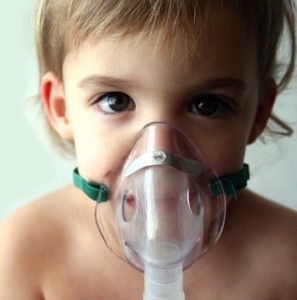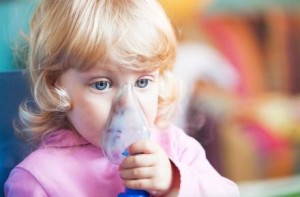 Infants, children and seniors are especially at risk for having asthma go undiagnosed and for a variety of reasons. Asthma is a chronic inflammatory disorder that restricts breathing by inflaming the airways and lungs.
Infants, children and seniors are especially at risk for having asthma go undiagnosed and for a variety of reasons. Asthma is a chronic inflammatory disorder that restricts breathing by inflaming the airways and lungs.
Seniors are susceptible to asthma but the symptoms are often overlooked or explained away as old age, or because they smoked or air pollution. Also with seniors who often suffer from such illness as Alzheimer’s and dementia they cannot communicate their symptoms. They may also have other physical impairments or disorders that may confuse or even mask the asthma symptoms. As well as the other problems in diagnosing asthma in seniors the symptoms can often be quite different in seniors and often may only be a night time cough. A recent study by NHLBI noted that a lot of the cases of severe asthma were older; the disease lasted longer, and had greater daily symptoms that need emergency treatments and often coincided with sinusitis and pneumonia.
Senior’s asthma is difficult for diagnosing because they may also have coexisting conditions such as sinusitis, gastrointestinal reflux, chronic bronchitis, congestive heart failure and chronic obstructive pulmonary disease. Other concerns of seniors with asthma is the elderly often suffer from osteoporosis with long time corticosteroid use and risks of arrhythmias with beta 2 agonists.
 To treat seniors who have asthma doctors must also individualize the treatment because of their physical, social and emotional differences. Factors they must consider when trying to devise an asthma treatment plan are that goals for lung function must be kept lower for lung functions decrease with age, side affects in medications are more of a risk, some therapies of existing conditions could make the asthma worst and cognitive or physical limitations may make a treatment plan unrealistic.
To treat seniors who have asthma doctors must also individualize the treatment because of their physical, social and emotional differences. Factors they must consider when trying to devise an asthma treatment plan are that goals for lung function must be kept lower for lung functions decrease with age, side affects in medications are more of a risk, some therapies of existing conditions could make the asthma worst and cognitive or physical limitations may make a treatment plan unrealistic.
Childhood and infant asthma also have difficulties and special considerations that doctors and parents should be aware of. Babies cannot tell us what they are feeling so the doctors need to listen to parents and their observations more as well as the child’s behavior. Asthma is considered the most common chronic baby disease and it is estimated 1 of 10 kids may have it. If a parent suspects that their child has asthma they should be tested for the inflammation of the airways can cause severe respiratory distress and could be fatal in a child if ignored as their lungs are smaller and mores susceptible.
The symptoms of asthma in babies are often hard to see and coughing is sometimes the only symptom and infant will have. Even wheezing is not a good indicator of asthma in children as it is in adults for young kids often have viral respiratory infections that mimic the wheezing of asthma. So besides the usual symptoms of coughing, wheezing and breathing problems doctors also look for such things as frequent viral infections, colds, bronchitis, environmental influences such as smoking, pollens, and smog. They find out if the children are active, if they cry or laugh with out apparent reasons and if they are in an area where the weather changes dramatically. Common methods of testing for asthma such as spirometry can’t be used. It usually requires the child to have several of the above symptoms in order to accurately gauge if a child or infant has asthma. Parents who notice that their infants have a chronic cough, frequent chest colds with or without wheezing should have their child examined by a pediatrician. Asthma even in infants and children can be managed if diagnosed early and treatment plan devised.

